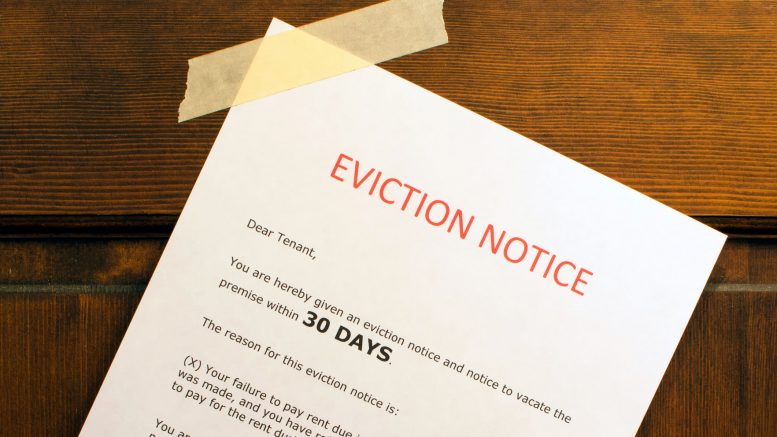I am often asked when eviction is reasonable. Where a tenant is 2 months or more in rent arrears, there will be no argument from me. I have seen too many landlords who have behaved with patience and generosity to tenants, to find that by the time it gets to Court, the tenant is owing thousands, the landlord is in serious financial difficulties and their mental health has suffered a blow which will take weeks, if not months, to recover from.
My advice is always to take action as soon as possible, sending warning letters to the tenant before the two-month point is reached, so the tenant is aware that the tenancy is at risk. The hope is that a firm hand quickly will persuade the tenant that this landlord is not playing a game, he will take action to end the tenancy.
A recent appearance on a sky TV channel had a landlord ring in about a ‘problem’ tenant. No rent had been paid on the due dates of 15th July and 15th August. The tenancy agreement said rent was payable monthly in advance and therefore, once the August payment had been missed, he was a full two months in rent arrears. What would I suggest?
I advised a section 8 notice, to evict on rent arrears grounds. The landlord was delighted, especially as that is a two week notice which could be issued now to end on 14th September. However, I thought I would just check – was this a new tenant? Could he possibly be waiting for Universal Credit/Housing Benefit to come through? This was when doubt began to creep in. The tenant had lived there 4 years and been a very good tenant. The landlord had not attempted to communicate with the tenant, seeing only the lack of the rent payment in his bank account.
Of course, an ideal tenant can change due to circumstances – it is not unusual for the model tenant to go from that to a nightmare, because of the impact of a new partner for example. But the landlord was totally unaware of any such change because he did not feel he should have to communicate with the tenant, seeing eviction as the only course of action he wanted to pursue.
If the tenant had become unemployed and been forced to apply for Universal Credit, the claim would take at least 5 weeks to be paid. Had he been reluctant to divulge this because the landlord did not want benefit dependent tenants?
My sympathies are always with the much-maligned landlord, but this did not seem to fit the usual scenario. After a four-year tenancy, one would have expected that a sound landlord and tenant relationship should have meant a civil conversation was possible, even if eviction was the final result. But ‘final’ should always be the operative word – after contacts have failed and warning letters written.
Perhaps there was more to the situation than the landlord was comfortable to talk about on a telephone link to a television programme, but on the face of it, this tenant deserved a little more patience than the landlord wanted to give. Despite sensationalist stories in the media, I don’t believe landlords consider eviction lightly; but the way that the reputation of the sector is changed, is by ensuring that actions are considered and could be judged fair. And that has got to include a dialogue.
For advice on buy to let issues – General Knowledge









Be the first to comment on "When Is Eviction Reasonable"